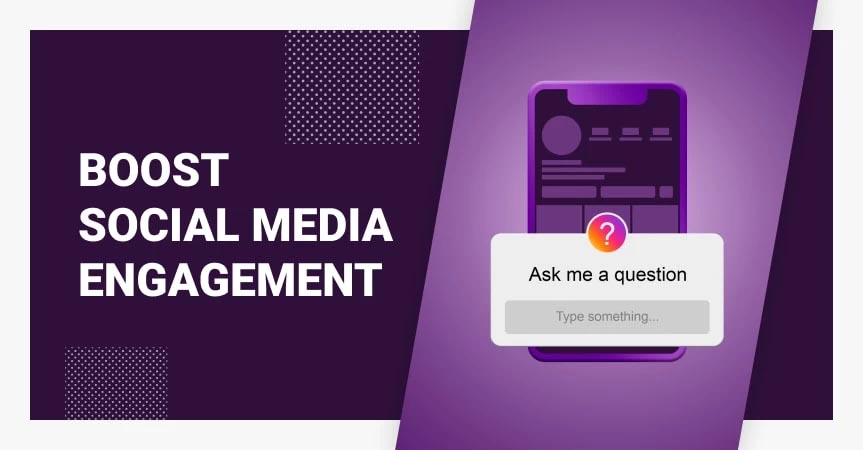Social proof is a psychological phenomenon that occurs when people conform to the actions of others in an attempt to reflect correct behavior for a given situation. This concept has become increasingly important on social media, where users are constantly presented with the actions and opinions of others.
One of the key ways that social proof manifests on social media is through the use of likes, shares, and other forms of engagement on posts. When a user sees that a post has a large number of likes, they are more likely to perceive it as valuable and worthwhile, and therefore more likely to engage with it themselves. This creates a feedback loop, where popular posts become even more popular, and less popular posts struggle to gain traction.
Another way that social proof is important on social media is through the influence of influencers. These are individuals with a large following who are able to shape public opinion and drive engagement through their posts. When an influencer endorses a product or service, their followers are more likely to trust the recommendation and take action based on it. This can be a powerful tool for businesses looking to promote their products and services.
In addition to likes and influencer endorsements, social proof on social media can also take the form of user-generated content. When users share their own experiences with a product or service, it can be highly persuasive to others who are considering making a purchase. This is because it provides a more authentic and unbiased perspective, and can help to build trust and credibility for the business.
Overall, social proof is an important factor on social media because it helps to validate the actions and opinions of others. It can influence user behavior, drive engagement, and shape public opinion. As such, businesses and individuals alike should be aware of the role that social proof plays on social media and how they can leverage it to their advantage.


